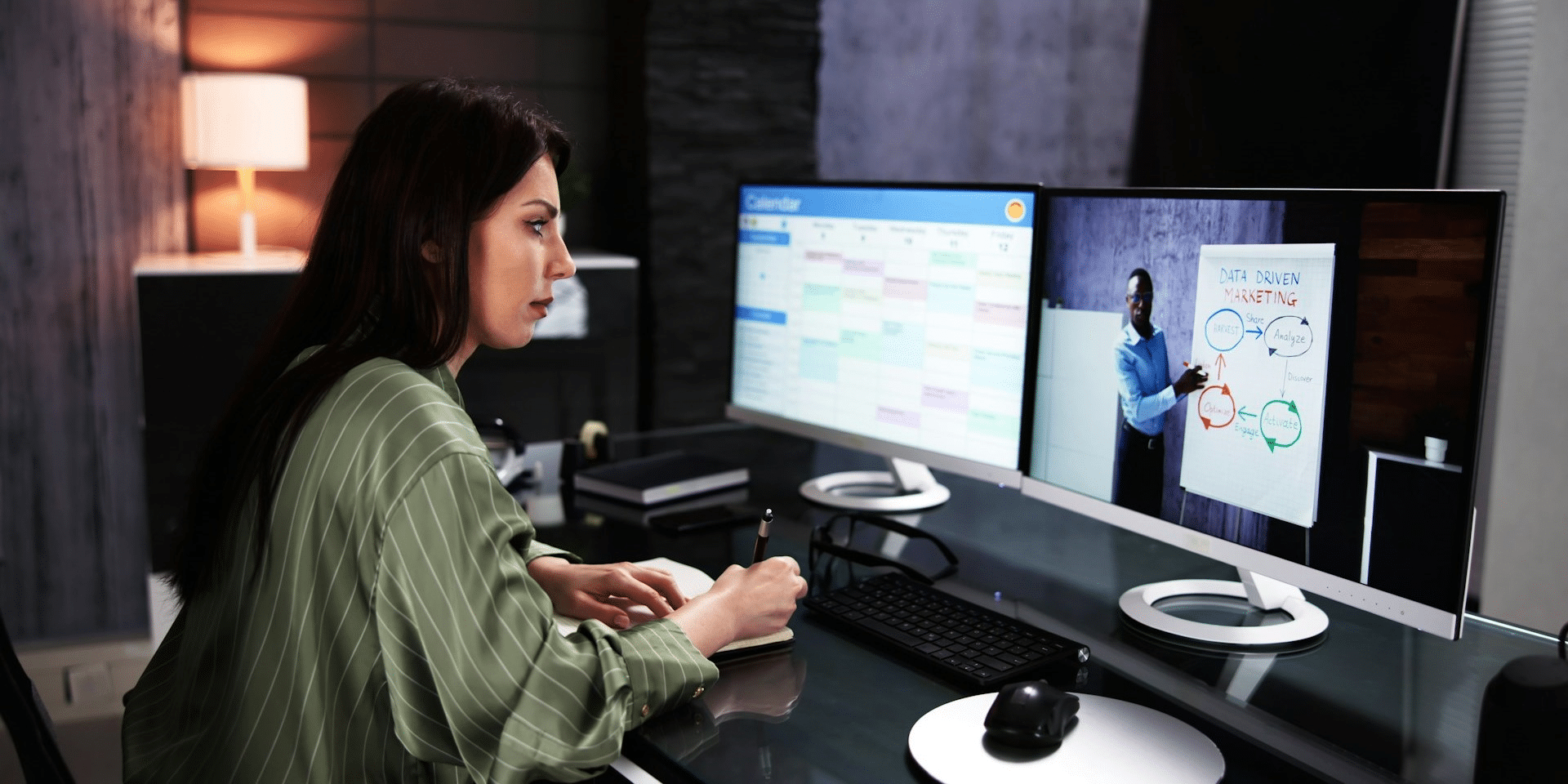In today’s fast-paced work environment, it’s easy to get caught up in the hustle and bustle of the day and forget to take breaks. However, taking regular breaks throughout the workday is essential for maintaining productivity, focus, and overall well-being. Knowing when to step away from your desk and recharge can help prevent burnout, reduce stress, and improve your overall work performance. In this article, we’ll explore the signs that indicate it’s time to take a break in the office and how to listen to your body and mind to prioritize self-care.
1. Feeling Fatigued or Drained
One of the most obvious signs that it’s time to take a break is feeling fatigued or drained of energy. If you find yourself struggling to concentrate, yawning frequently, or experiencing a dip in productivity, it may be a sign that your body needs rest. Taking a short break to stretch, walk around, or grab a snack can help rejuvenate your energy levels and boost your focus and alertness.
2. Experiencing Physical Discomfort
Sitting at a desk for extended periods can lead to physical discomfort, such as stiffness, soreness, or tension in the neck, shoulders, back, and eyes. If you start to notice any aches or pains, it’s essential to listen to your body and address them before they worsen. Taking regular breaks to stretch, move, and adjust your posture can help alleviate physical discomfort and prevent musculoskeletal issues associated with prolonged sitting.
3. Struggling to Concentrate or Make Decisions
When your mind feels foggy, and you’re having difficulty concentrating or making decisions, it may be a sign that you’re mentally fatigued and in need of a break. Continuous cognitive tasks can drain your mental resources and impair your cognitive function over time. Taking a brief break to clear your mind, practice mindfulness, or engage in a relaxing activity can help refresh your mental clarity and improve your cognitive performance.
4. Feeling Overwhelmed or Stressed
Stress is a common occurrence in the workplace, but when it becomes overwhelming and persistent, it can negatively impact your mental and emotional well-being. If you find yourself feeling anxious, irritable, or overwhelmed by your workload or deadlines, it’s essential to take a step back and prioritize self-care. Taking regular breaks to decompress, practice deep breathing exercises, or engage in stress-reducing activities can help alleviate tension and promote relaxation.
5. Experiencing Decreased Productivity or Creativity
When you’re feeling burnt out or mentally exhausted, your productivity and creativity are likely to suffer. You may find yourself struggling to generate new ideas, solve problems, or complete tasks efficiently. Taking a short break to step away from your work and engage in a different activity can help stimulate your mind and reignite your creativity. Whether it’s taking a walk outside, listening to music, or chatting with a coworker, changing your environment and mindset can help break through mental blocks and enhance your productivity.
6. Not Taking Regular Meal or Rest Breaks
Skipping meals or neglecting to take regular rest breaks can have a significant impact on your physical and mental health. It’s essential to listen to your body’s hunger and fatigue signals and prioritize self-care throughout the workday. Taking breaks to eat nutritious meals, hydrate, and rest can help maintain your energy levels, regulate your mood, and support your overall well-being.
7. Feeling Disconnected or Isolated
In today’s digital age, it’s easy to become immersed in our work and disconnected from our surroundings and colleagues. However, human connection and social interaction are essential for our mental and emotional health. If you find yourself feeling isolated or disconnected from others, it may be a sign that you need to take a break and engage in meaningful social interactions. Whether it’s chatting with coworkers, attending a team meeting, or taking a coffee break together, fostering connections with others can help alleviate feelings of loneliness and enhance your sense of belonging in the workplace.
Put Yourself Ahead:
In conclusion, knowing when to take a break in the office is essential for maintaining your physical, mental, and emotional well-being. By listening to your body and mind and paying attention to the signs of fatigue, discomfort, stress, decreased productivity, and disconnection, you can prioritize self-care and take steps to recharge throughout the workday. Whether it’s taking a short walk, practicing mindfulness, or engaging in social interactions, incorporating regular breaks into your routine can help prevent burnout, boost your mood, and improve your overall work performance. Remember, your health and well-being are paramount, so don’t hesitate to take a break when you need it most.











